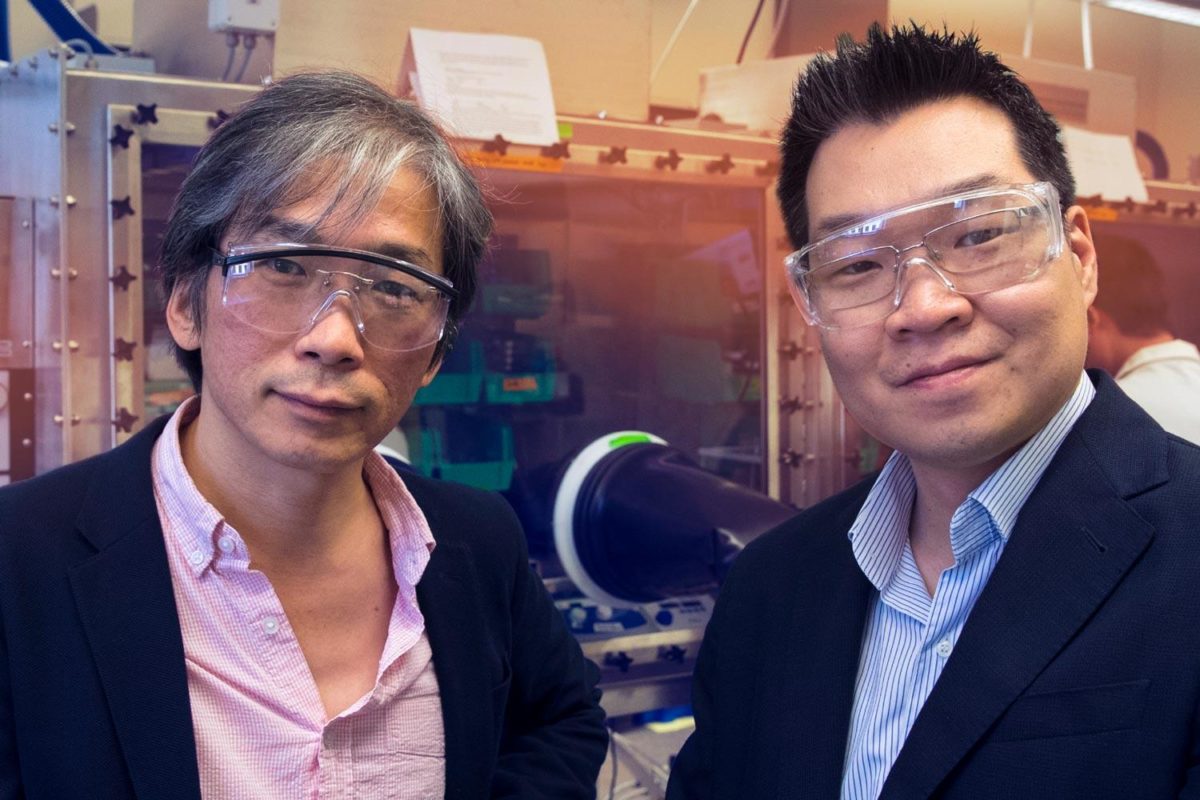A group of scientists from the University of Virginia is seeking to improve the lack of stability in the crystal structure of hybrid organic-inorganic perovskites (HOIPs), in order to extend the durability of their performance; an achievement that may be particularly interesting for the development of more efficient solar cells.
In a paper published on the scientific journal Proceedings of the National Academies of Sciences, the research team claims that it has found a new way to better manipulate HOIPS for greater efficiency, as well as for longer-lasting efficiency under changing conditions.
According to the scientists, the key for extending the electron lifetimes would be the rotation of the molecules in the HOIPs, which would allow charged electrons not to dissipate and to better endure, thus resulting in the higher energy-conversion efficiency of these materials.
The researchers used microscopic detection devices and measurement techniques with high-performance computer modeling to observe the mutating molecular structures of the materials.
“Our results,” the UVA scientists said, “reveal that the band-edge carrier lifetime increases when the system enters from a phase with lower rotational entropy to another phase with higher entropy. These results imply that the recombination of the photoexcited electrons and holes is suppressed by the screening, leading to the formation of polarons and thereby extending the lifetime. Thus, searching for organic–inorganic perovskites with high rotational entropy over a wide range of temperatures may be key to achieving superior solar cell performance.”
According to the research team, the current record efficiency of HOIP-based solar cells has reached above 22%, an efficiency comparable to that of standard silicon solar cells.
This content is protected by copyright and may not be reused. If you want to cooperate with us and would like to reuse some of our content, please contact: editors@pv-magazine.com.




By submitting this form you agree to pv magazine using your data for the purposes of publishing your comment.
Your personal data will only be disclosed or otherwise transmitted to third parties for the purposes of spam filtering or if this is necessary for technical maintenance of the website. Any other transfer to third parties will not take place unless this is justified on the basis of applicable data protection regulations or if pv magazine is legally obliged to do so.
You may revoke this consent at any time with effect for the future, in which case your personal data will be deleted immediately. Otherwise, your data will be deleted if pv magazine has processed your request or the purpose of data storage is fulfilled.
Further information on data privacy can be found in our Data Protection Policy.